This store requires javascript to be enabled for some features to work correctly.
-
DECANT NAPA is open! Switch to NAPA store
-
Save 10% automatically when you add 12+ bottles to your cart!
-
DECANT SF & NAPA will be closed for holiday break 01/01-01/06/2025
-
Winemaker: Bernhard Ott
-
Variety: Grüner Veltliner
-
Farming: Respekt certified biodyamic
-
Terroir: A blend of four estate vineyards, with loess and calcareous soils
- Vinification: Basket pressed, fermented and aged in large Stockinger oak of various sizes
The Ott family has been growing and producing wine in the region of Wagram in Lower Austria since 1889. Bernhard Ott is of the fourth generation and has managed the winery since 1993, when he took the helm from his father. Bernhard replaced the old wooden casks with stainless steel and began working the vineyards with an aim for the highest high quality.In 2004 Benhard began composting, using organic cow manure from a friend in the region.
Today, Bernhard is looking back to previous generations for inspiration and to inform both his work in the vineyard and in the cellar. Grapes are picked at full ripeness, but thanks to biodynamic farming and composting, the sugar ripeness stays very moderate. “The compost helps with water regulation. Healthy soils give water when the weather is dry and take it back when there is too much. This also means no irrigation at all.” says Bernhard. In addition to working the soils with compost, Bernhard is a firm believer in not disrupting the eco-sysytem under the soils too much, preferring to plowing only 8cm deep.
Harvest is done 100% by hand, something that is very important to note in a region who’s rolling hills and flatter landscape allow for machine harvesting. After picking and a strict selection, the fruit is crushed in the press and maceration is done inside the press. The length of the maceration depends on the vintage, but also on the vineyard and the quality of the fruit. The juice is racked into stainless steel where it is fermented by native yeasts without temperature control. Minimal amounts of sulfur are used at harvest and bottling and the cellar is very cold, inhibiting the development of malolactic.
Join our Mailing List
Land Acknowledgement
We acknowledge that we are on the unceded ancestral homelands of the Ramaytush Ohlone (the original inhabitants of the San Francisco Peninsula) and the Wappo & Miwok (the original inhabitants of Napa County).


